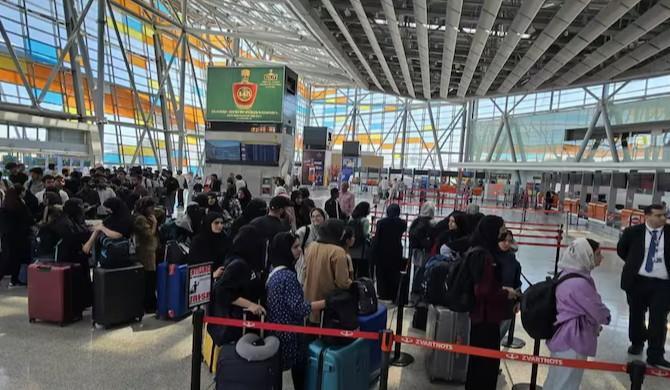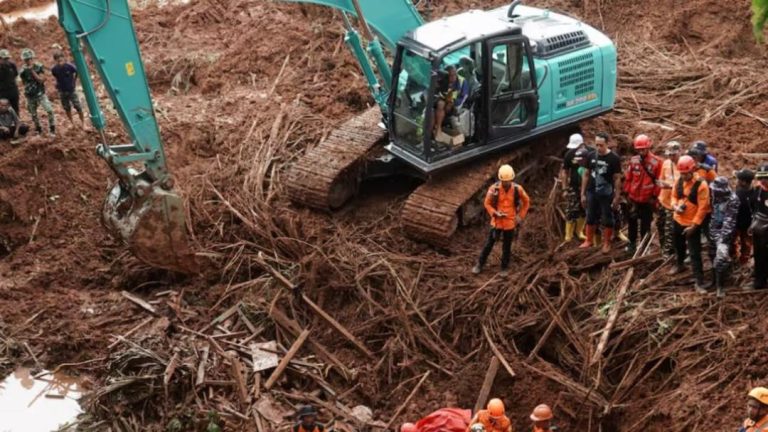
Iran Makes Exception for India, Opens Airspace to Evacuate 1,000 Indians
In a significant move, Iran has made an exception for India and opened its airspace to allow the evacuation of 1,000 Indian nationals, mostly students, who are stranded in the country. This move comes amidst the ongoing conflict between Iran and Israel, which has led to a heightened sense of tension in the region. The Indian government has launched an emergency evacuation programme, Operation Sindhu, to bring back its citizens from Iran, and the special flights from Mashhad to Delhi will begin soon.
According to reports, the students are expected to land in Delhi over the next two days, bringing an end to their ordeal. The Indian Embassy in Tehran has been working closely with the Iranian authorities to facilitate the evacuation process. Iran’s Ambassador to India, Mohammad Javad Hosseini, confirmed the development, stating that the country has made an exception for India and opened its airspace for the evacuation of Indian nationals.
The decision to open the airspace is seen as a significant gesture of goodwill by Iran towards India, considering the current tensions in the region. The conflict between Iran and Israel has led to a heightened sense of alertness, and many countries have evacuated their nationals from the region as a precautionary measure. However, Iran has made an exception for India, demonstrating its commitment to its relations with the country.
The students who are being evacuated are mostly from universities in Mashhad, which is a city in northeastern Iran. They were studying in various fields, including medicine, engineering, and literature. The Indian government has been working tirelessly to facilitate their return to India, and the evacuation programme is expected to be completed soon.
The Indian Embassy in Tehran has been providing assistance to the stranded students, including providing them with food, shelter, and medical care. The embassy has also been working closely with local authorities to ensure a smooth evacuation process. The Indian government has also deployed a team of officials to Mashhad to oversee the evacuation process and ensure the safety of the students.
The evacuation programme is being carried out under Operation Sindhu, which is an emergency evacuation programme launched by the Indian government to bring back its citizens from Iran. The programme is being coordinated by the Ministry of External Affairs, the Ministry of Defence, and other government agencies.
The decision to evacuate the students comes after a series of incidents in Iran, including the bombing of a military parade in Ahvaz, which killed over 30 people. The incident was claimed by a separatist group, but Iran has blamed it on foreign powers, including the United States and Israel. The tensions in the region have led to a heightened sense of alertness, and many countries have evacuated their nationals from Iran as a precautionary measure.
The evacuation of Indian students from Iran is a significant development, and it highlights the importance of diplomatic relations between India and Iran. The two countries have a long history of friendly relations, and Iran has been a major source of oil for India. The country has also been a key player in India’s Look East Policy, which aims to strengthen ties with Southeast Asia and other parts of the world.
In conclusion, the decision by Iran to open its airspace for the evacuation of Indian students is a significant gesture of goodwill by the country towards India. The evacuation programme, Operation Sindhu, is an emergency measure launched by the Indian government to bring back its citizens from Iran, and it is expected to be completed soon. The development highlights the importance of diplomatic relations between India and Iran, and it demonstrates the commitment of both countries to their relations.






